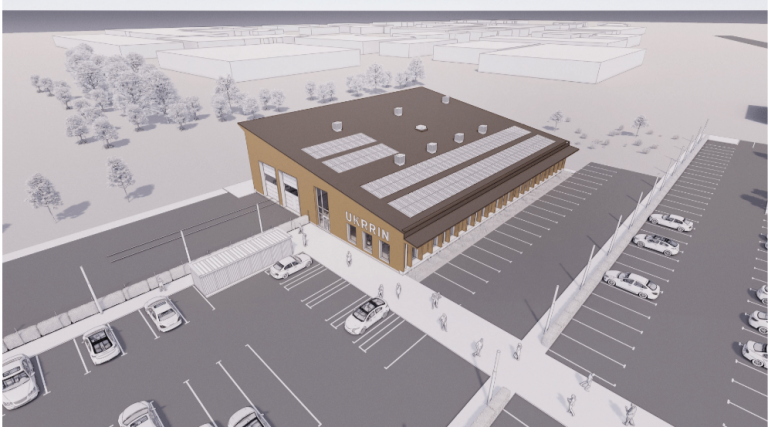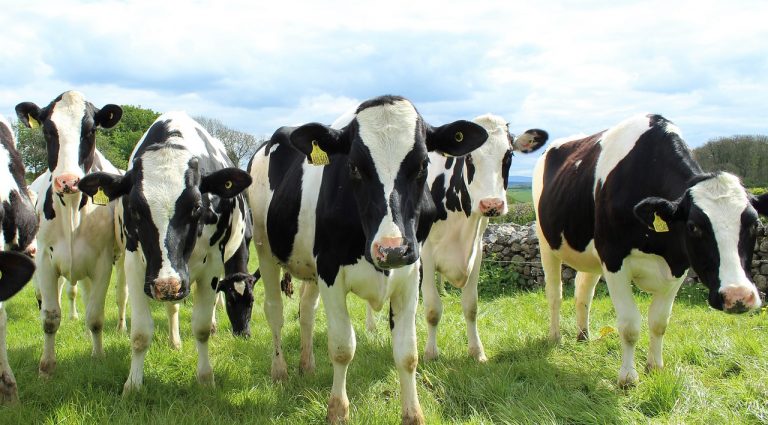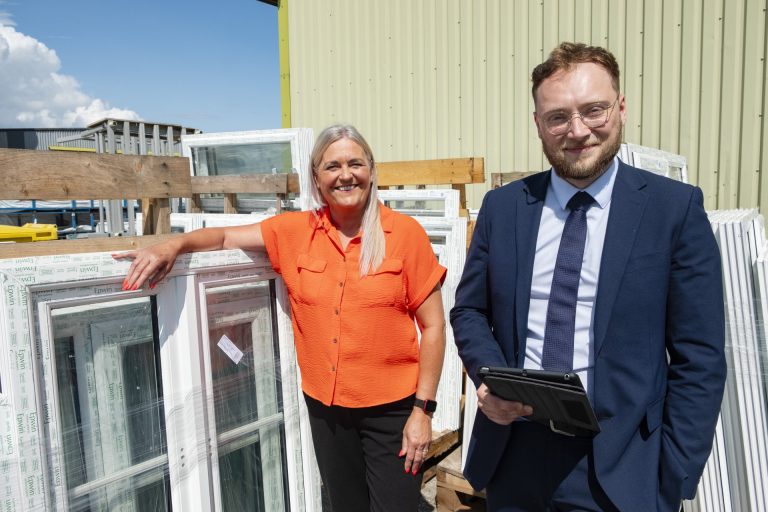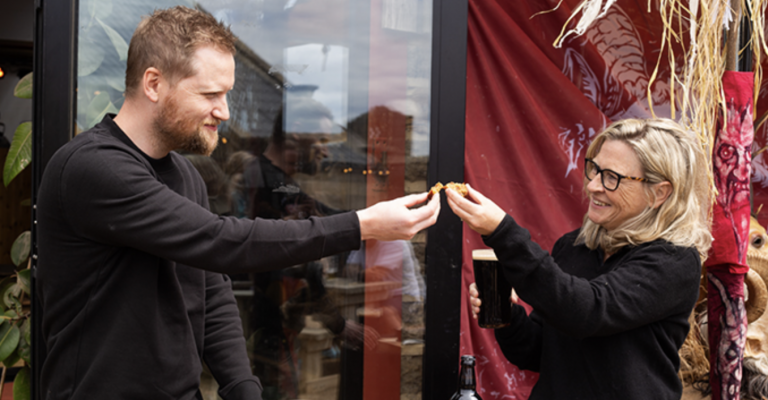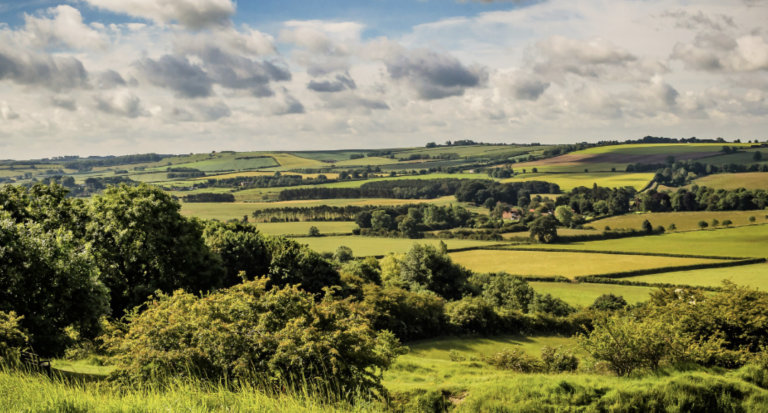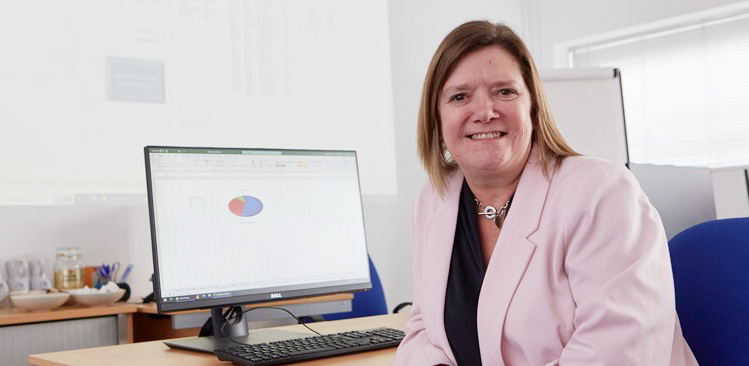More money means more railway innovation at Goole
Farmers to get more powers and security over dairy pricing
- Farmers have clearer pricing terms, with contracts setting out the factors which generate the milk price and allowing them to challenge prices if they feel this process isn’t being followed. This is a major advance in transparency, which ensures fairer pricing and addresses historical discrepancies in the dairy industry.
- Changes to contracts can’t be imposed on farmers without their agreement. This will encourage dialogue between the parties where changes do need to be made – improving trust within the supply chain.
- Farmers’ contracts will all include a straightforward way to raise concerns about their contracts, promoting accountability and timely issue resolution.
- There will be clear rules put in place on notice periods and contractual exclusivity, protecting the rights of both buyers and sellers. This will remove any ambiguity from contracts and protect the rights of both buyers and sellers.
- An enforcement mechanism is created to guarantee the regulations are followed, ensuring a fully fair and transparent dairy industry on a solid foundation to thrive in the future.
Huddersfield printers complete epic loch row to raise over £4,000 for Yorkshire charity
Window supplier expands into new premises with help of £1.2m deal
South Yorkshire-based business New Design Windows, which supplies and installs windows and doors to the new build sector, has secured a £1.2 million finance package with NatWest and Lombard to drive further growth.
The investment has enabled the firm, which trades from the North East down to Birmingham, to buy a new 20,000-square-foot warehouse in Mexborough.
The acquisition will treble the firm’s production area, enabling the fast-growing business to expand and meet demand from housebuilders.
Managing Director Lynne Darwin founded New Design Windows in 2019 after working for more than 25 years in the industry. Along with her management team, Lynne has grown the business to turnover more than £6m in the last financial year and is now setting her sights on £10m turnover once the new production site is fully up and running.
Similarly, from starting out with five staff, Lynne has grown the firm to employ 45 local people, with an additional 12 roles to be recruited to as part of the next phase of expansion, which will also see trade sales offered for the first time.
Lynne, who decided to buy the new premises after her NatWest relationship manager Michael Bettinson highlighted its availability, attributes the company’s success to a commitment to giving good customer service.
Lynne said: “While it’s important to be competitive in terms of pricing, our success over the last few years is down to our focus on building relationships and giving all of our customers the very best service we can.
“Customer service is vital to us and we know that it’s valued by our customers too, as much of our growth is down to larger orders from repeat customers, which is a fantastic testament to the hard work and commitment of everyone in the team.
“Our growth has been absolutely phenomenal over the last few years and I’m so excited to be in our new premises with the help of NatWest and to begin direct selling to the trade for the first time too.”
To mark the deal NatWest staff from the bank’s North Regional Board visited the company to meet with Lynne, see the new site and learn about the growth of the business.
Michael Bettinson, senior relationship manager at NatWest, said: “It’s been fantastic to support Lynne and the team at New Design Windows with a flexible finance package that has allowed them to buy a new premises and will help them expand their production capacity and increase their turnover. Their growth to date has been fantastic and I look forward to seeing them thrive in the next phase of the journey.”
The finance package with Lombard will also enable the purchase of equipment that will allow automation of some elements of the manufacturing process, further adding to production capability. While the new premises will also be equipped with solar panels to reduce energy consumption and the firm’s carbon footprint.
Ben Tomlinson, relationship director at Lombard, said: “It’s great to continue to support a local business that we’ve supported from day one. To see the growth achieved to date is a testament to Lynne and her colleagues at New Design Windows. To hear the plans for the new premises and how our facility is going to assist in the future, is something we’re looking forward to being a part of.”
Halifax leisure centre plans back on track
Mining company backs ‘Made in Whitby’ event for town’s businesses
Businesses invited to shape policy for Lincolnshire’s tourism economy
UK’s largest-ever electricity ‘superhighway’ will connect Drax to Scots wind farms
The ‘Eastern Green Link 2’ (EGL2) project will see the creation of a 525kV, 2GW high-voltage direct current subsea transmission cable from Peterhead in Scotland to Drax in North Yorkshire.
The subsea HVDC cable system is approximately 436km in length with new converter stations at either end to connect it into the existing transmission network infrastructure. HVDC technology provides the most efficient and reliable means of transmitting large amounts of power over long distances subsea.
The EGL2 link will support the growth of new renewable electricity generation, creating jobs and delivering a pathway to net zero emissions targets, as well as helping to alleviate existing constraints on the electricity network.
Eastern Green Link 2 is part of the significant amount of new network infrastructure required for net zero and will play a critical role in supporting the UK’s future security of supply, reducing dependence and price exposure to volatile global wholesale gas markets.Carl Trowell, President of UK Strategic Infrastructure at National Grid said: “The government ambition of 50GW of offshore wind by 2030 demands unprecedented scale and complexity of action. It’s essential that we find new ways to work and unite as a sector to rise to this challenge and this joint venture with SSEN is a prime example.
“Eastern Green Link 2 is part of our Great Grid Upgrade, the largest overhaul of the grid in generations. This new infrastructure will connect more clean, renewable energy from where it’s generated to where it’s needed, helping contribute to lower energy bills over the long-term and make the UK’s energy more self-sufficient.”
Sewell Construction wins award for sustainability achievements
Record growth for firm drawing confidence from crises
A training business which helps people take confidence from crises is reporting record growth after steering clients through Covid and economic decline.
Debbie Kuhr-Jones, Director of K2 Training Services, said her workload has doubled from the combination of increased demand for remote training and recurring interest in her long-term specialist area of re-training after redundancy. Debbie was driven to setting up the business after experiencing redundancy twice herself. In 1998 she lost her job as a typist so used her pay-off to upskill herself while also picking up various jobs it pay the bills and learn about technology. That commitment led to her becoming training manager at a Hull-based IT company and when that closed in 2007 she decided to go it alone offering specialist Microsoft tuition. As a one-woman business Debbie provides regular work for two freelance trainers with a client base which includes such major employers as the NHS, a number of global businesses with operations in the East Yorkshire area and her own landlord – The Deep Business Centre in Hull. As she delivers services to clients as far afield as London, India, Singapore and the United States, Debbie says she noticed two big changes in the use of technology by big businesses as a result of Covid. She said: “The obvious one has been the use of Teams. Some of my clients are in sectors which never stopped at all during lockdown and they had to have all their training delivered remotely rather than in person in our training suite or at their offices. “I wasn’t sure it would work because sometimes you couldn’t see the people, just their initials on the screen. It’s important to watch them to make sure they are picking everything up, but we got there. In 2020-21 about 75 per cent of our work was on Teams. It’s still big, but now about 85 per cent has gone back to face-to-face work.” The second stand-out change has been a stronger commitment by businesses to train their staff. Debbie’s work for The Deep highlights two scenarios. She said: “We have been doing training for staff at The Deep, filling some of the gaps and training in Excel, Word and Outlook specific to their roles rather than including things that aren’t relevant for them. “We also trained a chef who wanted to move into a different role and suddenly needed to develop his IT skills to work on things like training plans and product contents, dietary requirements and other procedures and policies. “The Deep is one of the majority of businesses which have always been serious about training, but elsewhere there were some employees who had never received formal training on computers. It was just assumed that we all knew how to use them. “If someone’s laptop breaks a company has no qualms about replacing it but when technology changes they rarely show the same commitment to help people use it properly. That changed as a result of lockdown because IT became more important than ever in terms of keeping a business running.”

